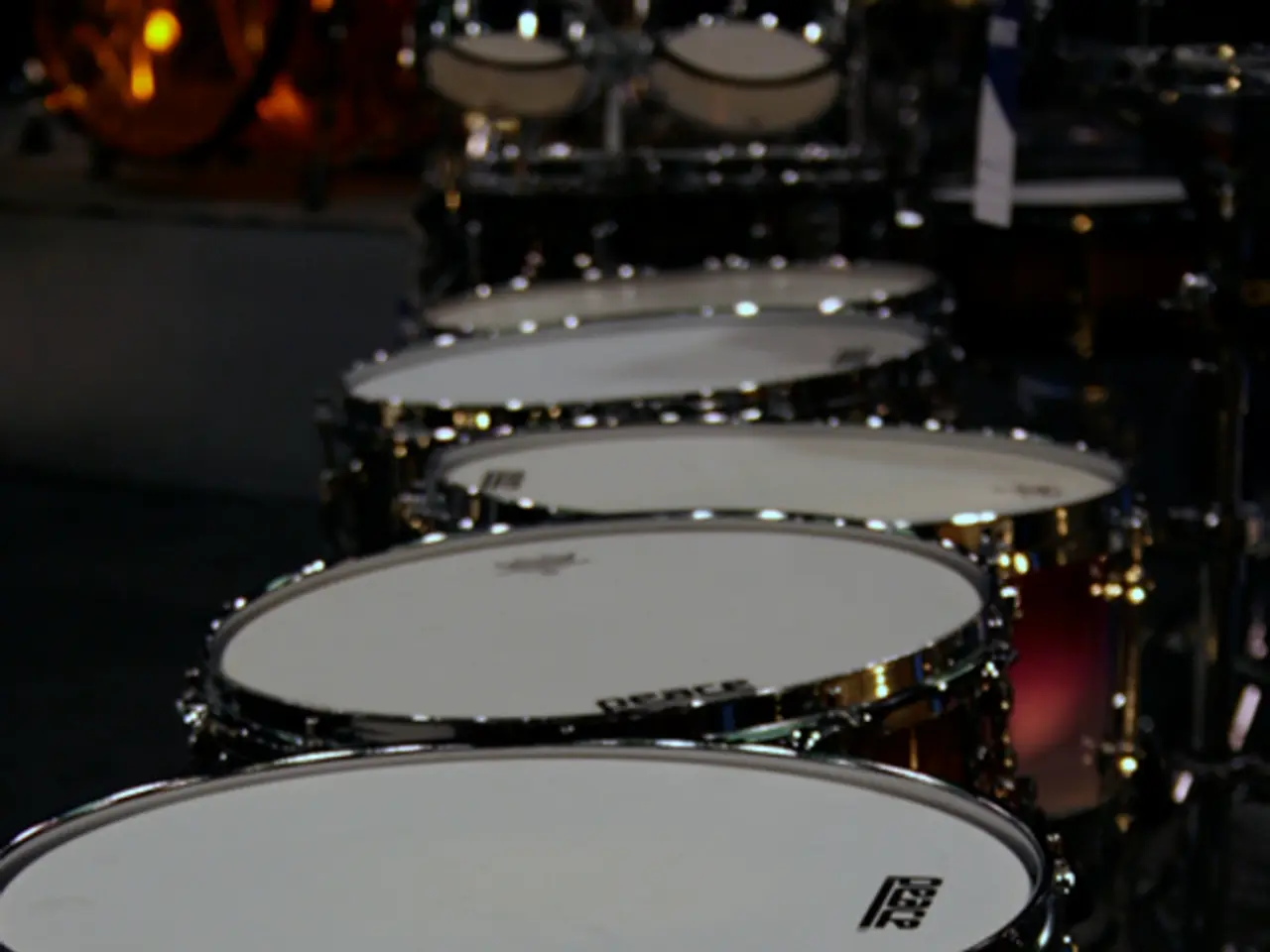Psychotic substances reveal potential for treating head traumas and brain wounds
In a groundbreaking review published in the prestigious journal "Progress in Neuro-Psychopharmacology and Biological Psychiatry", researchers from the University of Victoria have explored the potential of two psychedelic compounds, psilocybin and 5-MeO-DMT, as therapeutics for traumatic brain injury (TBI).
Traumatic brain injury is a significant global health challenge, with limited effective treatments for its acute and chronic consequences. The condition is characterized by neuroinflammation, oxidative stress, impaired neuroplasticity, imbalances in neurotransmission, and cell death.
The review, led by Brian Christie and colleagues, integrates current preclinical and clinical research, highlighting both the shared and distinct mechanistic pathways through which psilocybin and 5-MeO-DMT may alleviate TBI-related impairments.
Psilocybin and 5-MeO-DMT have shown efficacy in promoting neuroplasticity, exerting anti-inflammatory and neuroprotective effects, and treating psychiatric conditions that share pathophysiological features with TBI.
5-MeO-DMT targets sigma-1 receptors, known to have neuroprotective properties, while psilocybin's effects are implicated in 5-HT1A and 5-HT2A receptors, as well as neurotrophic TrkB receptors. The safety profiles, dosing paradigms, and clinical challenges of these psychedelics are critically examined in the review.
The research, funded by the Canadian Institutes of Health Research (CIHR), aligns with the United Nations Sustainable Development Goal (SDG) No. 3 (good health and well-being). The innovative potential of psilocybin and 5-MeO-DMT as adjunctive treatments for TBI paves the way for novel interventions in neurorehabilitation.
This research comes at a crucial time, as emerging evidence suggests that serotonergic psychedelics psilocybin and 5-methoxy-N,N-dimethyltryptamine (5-MeO-DMT) may hold promise as treatments for TBI. Zoe Plummer and Josh Allen, researchers at the University of Victoria, have been at the forefront of this investigation.
As we continue to grapple with the complexities of TBI, this research offers a glimmer of hope. The potential of these psychedelic compounds to alleviate TBI-related impairments could revolutionise the field of neurorehabilitation, offering new avenues for treatment and recovery.







